#venucia
Dongfeng Nissan Launches Leaf-Based Venucia E30
After 3.1 million miles of pilot testing, Dongfeng Nissan last week launched its version of the Leaf for the Chinese EV market, the Venucia e30.
GM Invests More Into Fake Chinese Brand
GM added more capacity to its Chinese Baojun brand by opening a factory in Liuzhou, southern China. Plant and brand are part of the SAIC GM Wuling joint venture, where GM holds 44 percent, SAIC 50 percent, with 6 percent held by Wuling.
Baojun started with the Baojun 630, a compact sedan based on an older Buick Excelle/Daewoo Lancetti platform, later the Le Chi was added, a rebadged Chevrolet Spark. By 2015, Baojun wants to have a total of five models, Reuters says.
Baojun is one of China’s joint venture brands, which we at TTAC like to call “fake Chinese brands.”
Why Foreigners Create Chinese Brands, Explained Using Nissan And Venucia
Dongfeng-Nissan President Kimiyasu Nakamura watches Yao Bin, Huang Kai Fong, and Ye Lei
Yesterday, Nissan’s affable China president Kimiyasu Nakamura brought a Chinese delegation home to Yokohama, to explain to a largely skeptical Japanese press why Nissan had started a new brand in China with joint venture partner Dongfeng. The brand goes by the name of Venucia. Nissan is not the only one doing that. Nearly every foreign joint venture partner in China either has established a Chinese brand in China, or is intensively thinking about it.
Nissan And Dongfeng Show First Production Venucia Car: What A Muda
We have been following this phenomenon for a while. Joint ventures in China create faux Chinese brands. Because? Because it’s the right thing to do, at least as far as the Chinese government is concerned. Officially, the reason for those fake Chinese brands is to make cars more affordable. Off the record, automakers roll their (slanted and round) eyes at this reasoning. A new brand doesn’t miraculously make a car more affordable. In the contrary. To establish a brand costs money. To establish dealer networks costs money. To build new cars costs money, even if they are on passé platforms. But you’ve got to do what China’s bureaucrats think you’ve got to do. Possibly, all these joint venture brands, from GM’s BaoJun on out, will end up in nice statistics that prove that homegrown Chinese brands are selling, and that exports are up.
Why the rant? Nissan and Dongfeng show the first production model of the faux Chinese Venucia brand at the Guangzhou auto show.
And Now: An Original Chinese BMW
It happens to all foreign joint venture partners: They are invited to have tea and a chat with representatives of China’s National Development and Reform Commission (NDRC). After the pleasantries are exchanged, the weather has been discussed, and statements of mutual admiration have been made, someone from the NDRC side will say: “Don’t you want to start a Chinese brand? We would really appreciate it.” Who can say no to the wishes of the Chinese government?
The latest to say “Ja” is BMW. BMW will build a second, truly “Chinese” brand for China. “We are discussing this with the NDRC, and we will find a solution,” said BMW CEO Friedrich Eichiner to Germany’s FAZ. BMW’s futuristic carbon fiber i cars won’t be BMWs in China.
Damn Chinese Produce Leaf Lookalike! Hold On A Second ...
Last week, we brought you the news that the Nissan-Dongfeng joint venture will build an EV in China, that it will be ready by 2015, and that it will not be the Nissan Leaf. The Made-in-China plug-in will be offered by Nissan-Dongfeng’s “Chinese” brand, Venucia. This most likely in compliance with yet-to-be-released, but much-rumored regulations which will shower Chinese EV subsidies only on indigenous vehicles.
Barely a week after the news, there already are pictures of the future Chinese EV.
Shanghai Auto Show: Foreigners Create Pseudo Chinese Brands
When you have a larger joint venture with a Chinese automaker, at some point it will be strongly suggested to you to create a Chinese brand. At least this is how The Financial Times understands it: “Foreign carmakers wishing to build new plants or add capacity in China’s burgeoning car market are being told by the government that if they wish to expand, they must develop a low-cost local car brand.”
Early fruits of these suggestions can be seen at the Shanghai Auto Show.
From Venus To Everus: Foreign Makers Create Fake Chinese Brands
Japanese makers are jumping on the Made for China (or possibly Made for Export from China) trend that was started by GM with the Bao Jun.
Both Nissan and Honda are showing (allegedly) Made for China brands at the Guangzhou Auto Show.




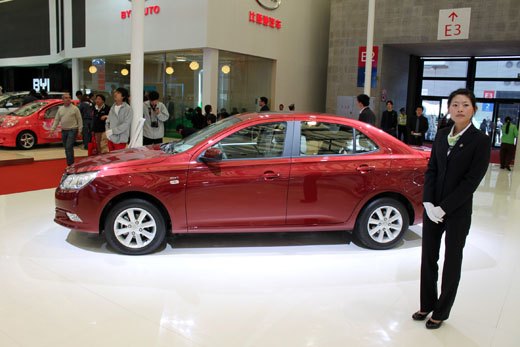
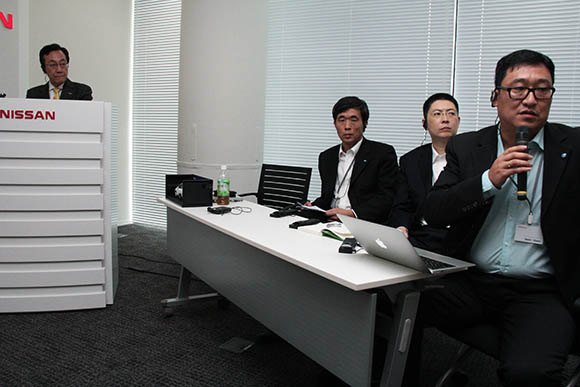
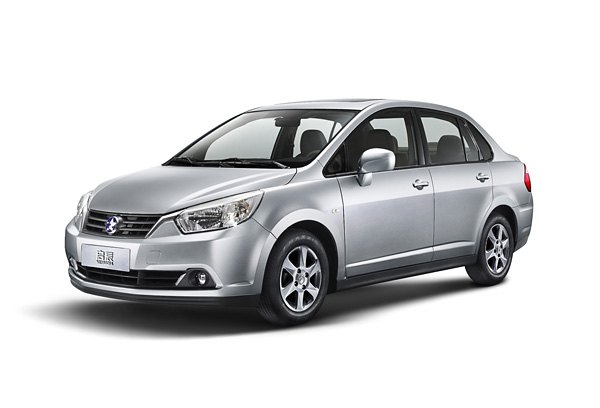
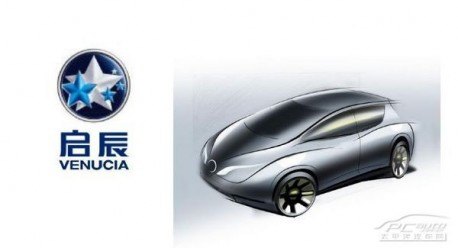
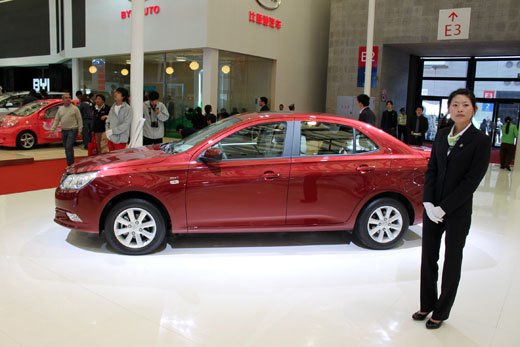
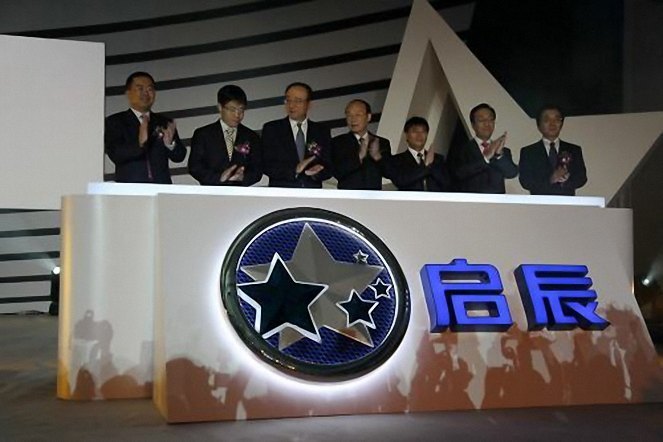












Recent Comments